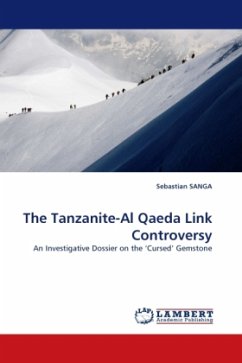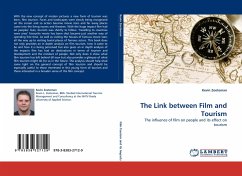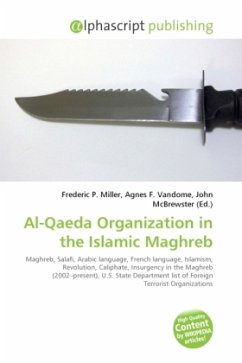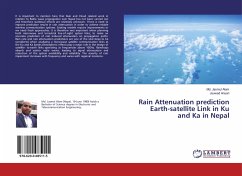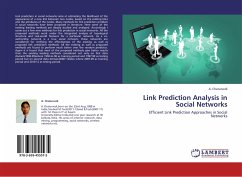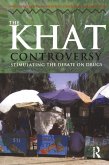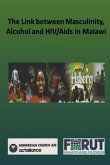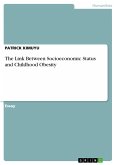This book provides evidence-based scenario over the Tanzanite-Al-Qaeda Link controversy that caused hatred among miners and politicians in Tanzania and victims of Al-Qaeda operations in East Africa and USA. This followed contentions that part of the Tanzanite's sales had been used by Osama bin Laden to finance bombings on the USA Embassies in Dar es Salaam and Nairobi, and also on the World Trade Centre (WTC) and Pentagon in the USA. This investigation, exposes the covert behind the controversy including roles played by powerful politicians. The author, Sebastian Sanga, analyses the political and legal systems indicating how a syndicate of tycoons with vested interests, have been weakening mining and anticorruption policies to the extent of plunging the Tanzanite gemstone into Al-Qaeda link controversy. Before presenting his policy options towards addressing the challenges facing the Tanzanite industry, the author puts into picture the whole mining sector focusing on the impact of state-capture on this economic segment. The Tanzanite, which is believed to be second only to diamonds, is mined exclusively in Tanzania.
Bitte wählen Sie Ihr Anliegen aus.
Rechnungen
Retourenschein anfordern
Bestellstatus
Storno

